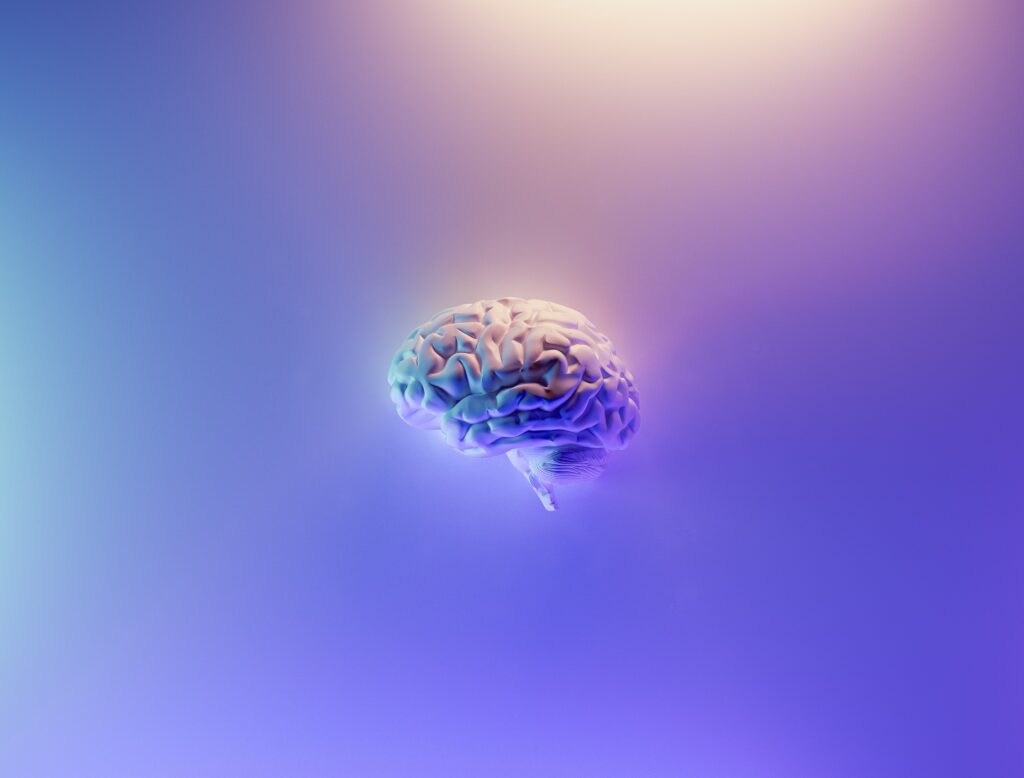Radiculopathy and radiculitis are conditions that affect the nerves that run through the spinal cord. Radiculopathy is a condition where a nerve root is compressed, damaged, or inflamed, which can cause pain, weakness, or numbness in the affected area. Radiculitis, on the other hand, is an inflammation of the nerve root.
The most common cause of radiculopathy is a herniated disc, which can occur as a result of injury or degeneration. The herniated disc can put pressure on the nerve root and cause pain or other symptoms. Other causes of radiculopathy include spinal stenosis, bone spurs, or tumors.
Radiculitis is often caused by an infection or inflammation in the spine. It can also be caused by an injury or degeneration of the spine. Symptoms of radiculitis include pain, weakness, or numbness in the affected area, as well as stiffness and tenderness in the spine.
Physical therapy can be an effective treatment for both radiculopathy and radiculitis. A physical therapist will work with you to develop an individualized treatment plan that may include exercises to help improve strength, flexibility, and range of motion. They may also use manual therapy techniques such as mobilization and manipulation to help alleviate pain and improve function.
It is important to note that the recovery time can vary depending on the severity and the specific cause of the radiculopathy or radiculitis. In some cases, the condition may resolve on its own with rest and conservative treatment. In more severe cases, surgery may be necessary.
In general, it is important to seek medical attention if you are experiencing symptoms of radiculopathy or radiculitis. A physical therapist can work with you to develop a treatment plan and help you achieve the best possible outcome.


